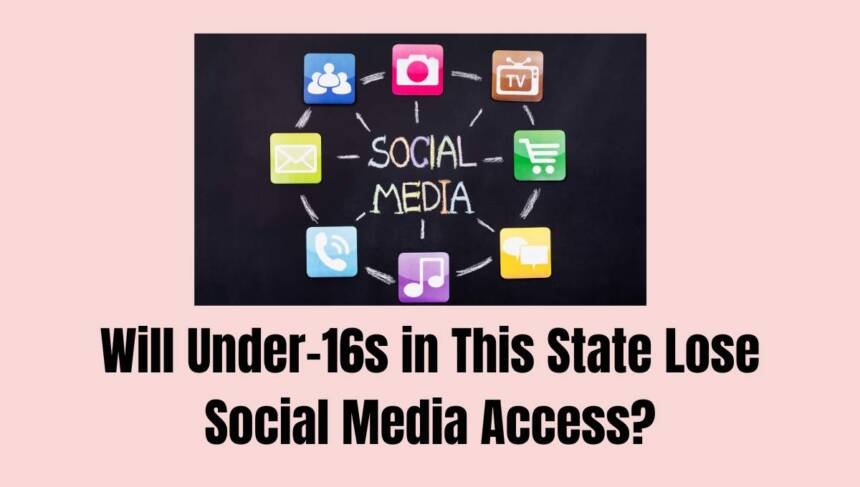The Republican-led Florida legislature has passed a bill that would prohibit anyone under the age of 16 from using social media platforms in the state. The legislation, which passed the House and Senate this week, now heads to the desk of Governor Ron DeSantis.
Supporters Say Ban Will Protect Children’s Mental Health
Supporters of the social media ban say it is necessary to protect young people from online risks and harms. They argue that excessive social media use can lead to mental health issues like anxiety and depression in minors.
“This legislation will stem the harmful effects of social media on the wellbeing of children,” said Republican House Speaker Paul Renner.
But critics say the ban goes too far and infringes on free speech rights.
Critics Argue Ban Violates First Amendment Rights
Opponents say the social media ban violates the First Amendment’s protections for free speech. They argue it should be up to parents, not the government, to make decisions about their children’s online access.
“This bill limits parental discretion and raises serious concerns about free speech and privacy,” said a spokesperson for Meta, Facebook and Instagram’s parent company.
Meta has actively lobbied against the legislation in Florida. The ban would require platforms to terminate accounts of users confirmed to be under 16 using third-party verification.
DeSantis Has Not Indicated If He Will Sign Bill into Law
The bill now heads to the desk of Governor Ron DeSantis. DeSantis expressed reservations about potential privacy violations but has not indicated if he will sign it into law.
“You’ve got to strike that proper balance when you’re looking at these things,” DeSantis told reporters last week. He said he believes social media is harmful for kids but wants to ensure parental rights are protected.
If signed into law, the ban would take effect on July 1, 2024. Florida would become the first state to enact such sweeping restrictions prohibiting access to social media for minors.
Legislation Targets Features Like Auto-Play, Push Notifications
While the legislation does not name specific platforms, it targets features like infinite scrolling, auto-play videos, reaction metrics, live-streaming and push notifications.
Apps focused mainly on messaging and email would be exempt. But popular services used by teens like TikTok, Snapchat, and YouTube would likely have to comply.
Privacy Concerns Addressed in Revised Bill
Lawmakers revised the proposed law to address some privacy concerns. The latest version requires platforms to permanently delete data from banned underage accounts. Parents could also sue companies that fail to do so.
“We’ve addressed constitutional concerns by enhancing anonymity protections for user data,” said House Speaker Renner.
Utah, Arkansas, Louisiana, Ohio, and Texas have passed similar but less sweeping social media restrictions for minors in recent years. The Florida law would go further than any current state regulations limiting children’s social media use.



